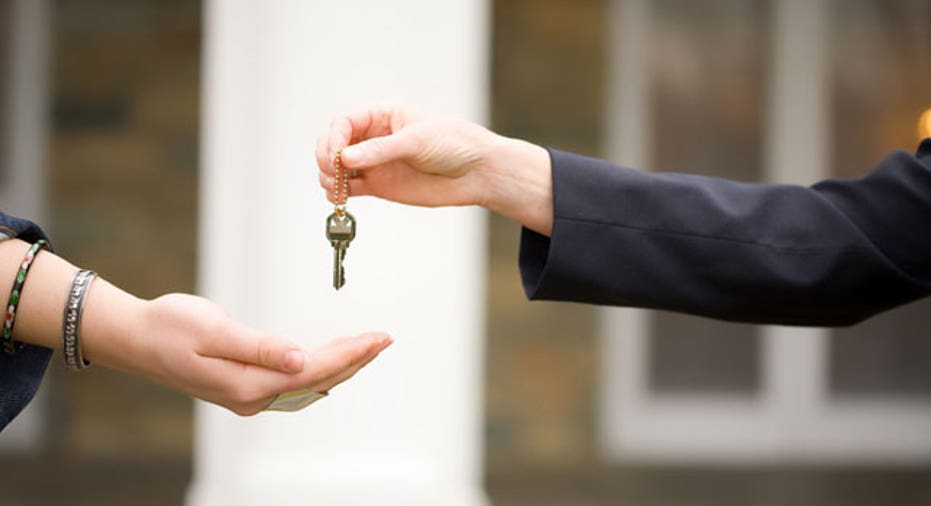Two Homes, 2 Reverse Mortgages?

Dear Dr. Don, I have been searching for an answer to this question and haven't had any luck. So here it goes: My husband owns a home in Michigan and I own a home in Florida. Can we get reverse mortgages on both of them?
We purchased both homes since we have been married. We don't want to get into trouble trying to do something if it is illegal.
-- Sandra Stash
Dear Sandra,
Homeowners ages 62 or older are eligible to apply for a reverse mortgage. This type of mortgage allows homeowners to tap the equity in their home without selling a home, and without making a monthly mortgage payment. The monthly interest expense is added to the loan balance.
A reverse mortgage comes due when the borrower dies, permanently moves out or sells the home. In addition, the loan must be repaid if the borrower fails to pay property taxes, to keep the house insured, to live in the home for 12 months in a row or to make required repairs and the property deteriorates. It also must be repaid if the borrower permanently moves to a new primary residence.
I'd counsel against each of you trying to get a reverse mortgage, not because it's illegal, but because it would force you to take steps that wouldn't make financial sense. Reverse mortgages are meant for a homeowner's principal residence. You'll have to talk to your tax professional for an opinion, but splitting domiciles as a married couple is problematic at best from a tax standpoint and may not be possible.
It's also encouraged for both spouses to be on the title of the house when a reverse mortgage is done because the reverse mortgage comes due when the last person on the title moves out of the property permanently or dies, or through the other scenarios mentioned earlier. If you pass away and your husband isn't on the title, that would trigger the reverse mortgage on the Florida property to come due. Depending on your finances, that could force the sale of the property.
Ask yourselves what you're trying to accomplish with the two reverse mortgages. There may be a more efficient way to accomplish your financial goals. The costs associated with reverse equity mortgages have come down over time, but it's still a costly way to tap the equity in your home. Selling one of the homes could be a better decision. The AARP publication on borrowing against your home -- available on the Department of Housing and Urban Development's Web page on home equity conversion mortgages for seniors -- is a good primer. Bankrate's feature on the ins and outs of reverse mortgages also is recommended reading.



















